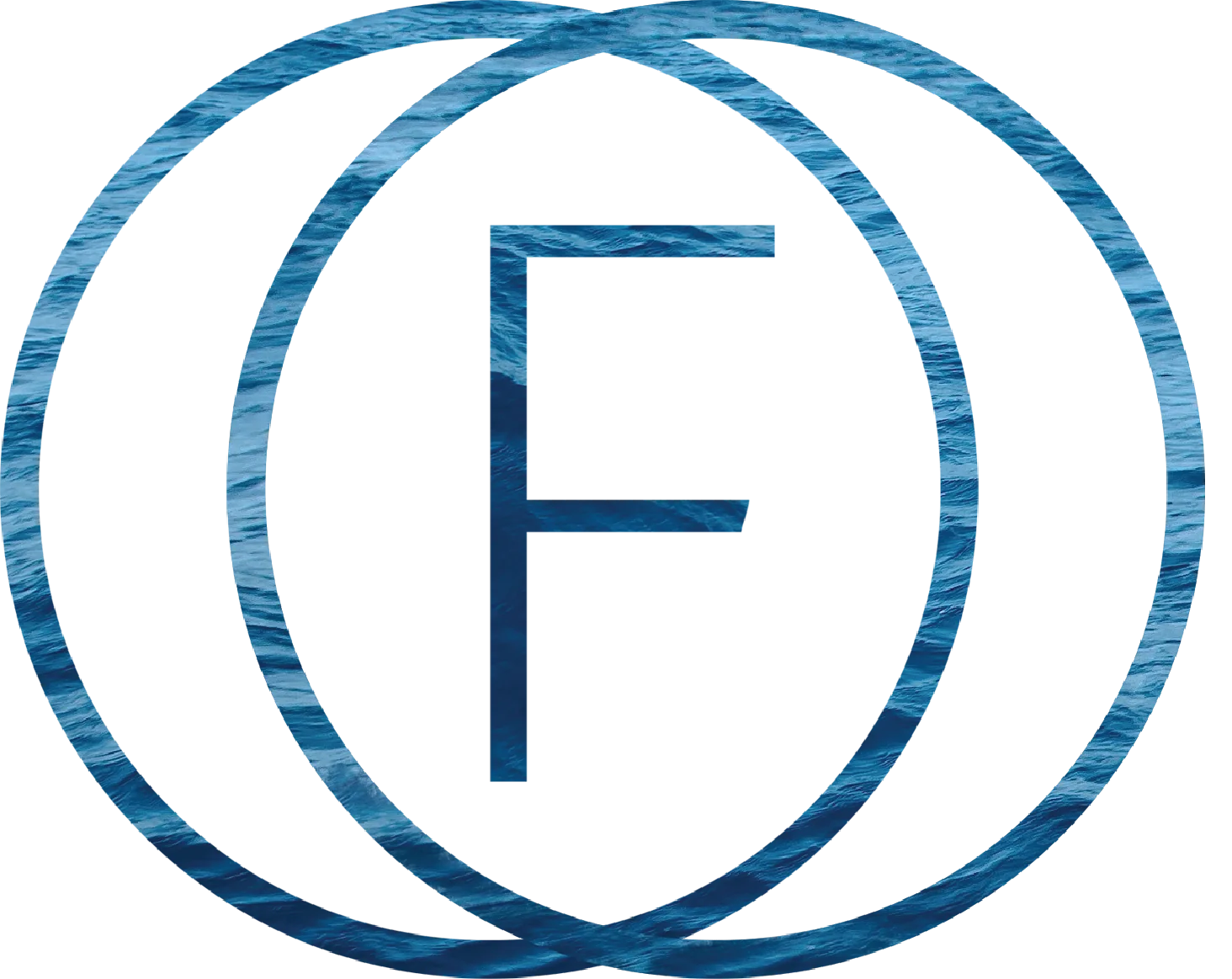
FOO/ACOMO 2022
Overview
The theme for the combined workshop this year is ‘Improving Integration to Optimise Operational Outcomes’.
Our goal for this meeting is to stimulate debate about ways that our observations, and outputs from the models into which they flow, can be used to support maritime safety and security, maximise the productivity of marine industries while minimising environmental impacts, and assist in the management of biodiversity and coastal environments.
The combined workshop will feature invited speakers, submitted abstract presentations and finish with a panel discussion on the following topic:
How can we integrate existing models to develop a skillful National Scale Prediction System?
Keynote speakers: David Carter, Professor Andy Hogg and Commander Belinda Finlay

FOO 2022 is sponsored by these organisations

Emerging tool/methods/observation platforms in operational oceanography
Session Chair: Dr Karen Wild-Allen, CSIRO
- Inferring nonlinear internal wave currents from sparse observations using machine learning
Lachlan Astfalck - An update on the capabilities of IMOS sub-facility 11e for satellite altimeter calibration and validation
Jack Beardsley - Quantifying compositional genomics observations to enable broad uptake in ecosystem modelling
Levente Bodrossy - Towards an operational sea-ice forecasting system for the Antarctic/Southern Ocean
Gary Brassington - Using long-time series of temperature and currents to contextualize the physical environment
Madeleine Cahill - Validation and application of low-cost wave buoys for monitoring a range of nearshore coastal hazards
Michael Cuttler - Dynamic ocean explorer – an immersive experience to visualise oceanography data
Ming Feng - Application of Machine Learning to reduce operational wave forecast errors
Jeff Hansen
Best practices in operational oceanography
Session Chair: Dr Paul van Ruth, IMOS
- Ocean analysis system uplift for operational resilience
Aihong Zhong - Catching waves: Development of a national infrastructure for in-situ wave observations
Ana Berger - Best practice metocean survey design to prove critical data for offshore windfarm design
Gregory Bush - Uncertainty in ocean forecasts
Jessica Sweeney - Understanding measurement quality
Michael Wiegele
Coastal – shelf – open ocean connection to improve operational oceanography
Session Chair: Professor Moninya Roughan, University of New South Wales
- Ocean modelling – 2-way coupled systems from global to 10m scales
Ivica Janekovic - Spatial, temporal, and vertical variability of small-scale fronts and eddies on the Australian Northwest shelf
Jen-ping Peng - Environmental change implications for tropical cyclone impact
Christelle Auguste
Emerging tool/methods/observation platforms in operational oceanography
Session Chair: Dr Gary Brassington, Bureau of Meteorology
- Crowdsourcing ocean observations in partnership with the fishing sector
Moninya Roughan - A high-resolution two-way nested model of Boston Bay, South Australia
Charles James - North West shelf of Australia and 4D-Var data assimilation, what can go wrong in baroclinic internal tidal dominated region?
Ivica Janekovic - Estimating ocean surface currents from remotely sensed observations
Nicole Jones - Observing the East Australian current from the coherent jet to the eddy field: Assessing observation impact 3 ways
Moninya Roughan - IMOS OceanCurrent Surface waves product: A tool for up-to-date ocean wave conditions around Australia
Salman Saeed Khan - The new Australian CMIP6-derived global wind-wave climate ensemble
Alberto Meucci - Digital twin simulations distinguish anthropogenic nutrient impacts from natural variability in a complex coastal ecosystem with salmon aquaculture
Karen Wild-Allen
Ocean extremes
Session Chair: Professor Chari Pattiaratchi, The University of Western Australia
- Observations of ocean extreme events in Southern Australia
Hugo De Oliveira - Coastal ocean modelling to elucidate ocean extremes at climate scales
Vanessa Hernaman - An analysis of historical marine heat waves over the Australian region based on multiple satellite observation products
Yuwei Hu - Improving monitoring and prediction of coastal temperature extremes in shallow nearshore environments
Ryan Lowe - Australian climate service: Next generation wave hindcast for Australasia and beyond
Claire Spillman - Predicting ocean extremes at sub-seasonal to seasonal timescales for operational decision support
Claire Spillman - The rising tide: Modelling of cyclone-forced inundation of a natural wetland habitat on the North-West shelf of Australia
Ryan Alexander
Real time data/forecast model use and applications
Session Chair: Mr Greg Williams, RPS MetOcean
- Applications of a high-resolution hydrodynamic model and particle tracking to facilitate coral restoration around Lizard Island, QLD
Jack Beardsley - Which IMOS sea surface temperature product should I use?
Helen Beggs - A data-driven model for real-time forecasting of wave elevations and motions of offshore floating structures
Jialun Chen
Real time data/forecast model use and applications
Session Chair: Dr Helen Beggs, Bureau of Meteorology
- eSA-Marine: Application of an ocean forecast modelling system to assist decision support in South Australia’s fisheries and aquaculture sectors
Mark Doubell - Evaluating a high spatiotemporal resolution XBT observation system of the EAC using observing system simulation experiments
David Gwyther - Phase-resolved wave prediction in spread seas using an optimized array of buoys: Theory and validation using field data
Thobani Hlophe - Assessment of near real time observations for operational OceanMAPS
Xinmei Huang
Real time data/forecast model use and applications
Session Chair: Dr Helen Beggs, Bureau of Meteorology
- Responding to maritime accidents in the Indian ocean
Charitha Pattiaratchi - A conceivable Indian Ocean operational oil spill tracking, forecast, warning and mitigation system
Nick D’Adamo
Operational ocean prediction
Session Chair: Dr Claire Spillman, Bureau of Meteorology
- eSA-Marine: Application of an ocean forecast modelling system to assist decision support in South Australia’s fisheries and aquaculture sectors
Mark Doubell
Major advances in ocean forecasting at the Bureau of Meteorology
Gary Brassington
Data assimilation in ROAM-Ocean – performance assessment
David Griffin
Toward an Australian national coastal model
Emlyn Jones
Refining air-sea interactions using floating wind profilers
Greg Williams
Recent upgrade to the Bureau’s operational wave model
Aihong Zhong
Towards improved operational wave modelling at the Bureau of meteorology
Stefan Zieger Research Scientist, Sea-level, Waves, and Coastal Extremes, Oceans & Atmosphere, CSIRO
Giovanna Lorenzin, Advisor Spacial Intelligence, Integrated Operations Response, Australian Maritime Safety Authority
Greg Williams, Technical Director – MetOcean, RPS Energy
David Carter, CEO, Austral Fisheries
Professor Ryan Lowe, Oceans Graduate School, UWA Oceans Institute
Dr Claire Spillman, Principal Research Scientist, Bureau of Meteorology
